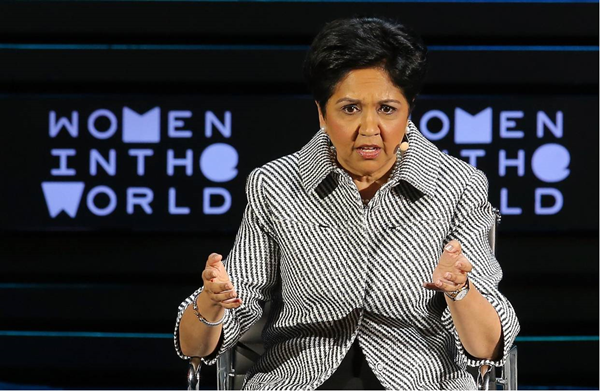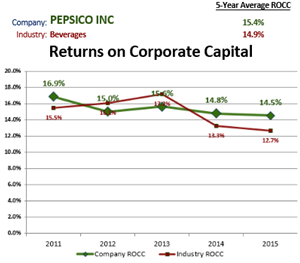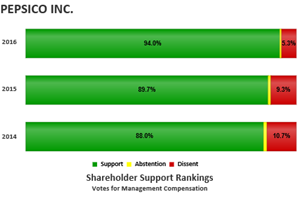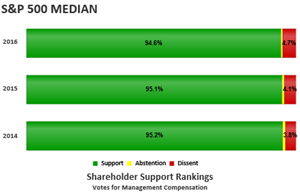THE
WALL STREET JOURNAL.
Business |
Management |
Management & Careers
CEOs Should Focus on Long Term, Study Says
Authors contend that switching from short-term gains to a long
view improves profits and sales
|

RA long-term management view is exemplified by Indra Nooyi,
PepsiCo’s CEO.
PHOTO: JEMAL COUNTESS/GETTY IMAGES |
By
JOHN SIMONS
Dec. 27, 2016 9:00 a.m. ET
Should corporate leaders
focus on short-term gains or take the long view?
Adherents of long-term
management will find potent ammunition in a new study from a pair of
management researchers who conclude that myopic leaders are hampering
businesses by failing to invest in innovation and risky projects.
What’s more, they say that
switching to a long-term outlook can improve a company’s operating performance
by several measures—return on assets, operating profits, and sales growth—within
two years.
Simply put, an increased long-term
orientation fosters innovation and enhances market value, argue authors Caroline
Flammer of Boston University’s Questrom School of Business and Pratima Bansal of
the University of Western Ontario’s Ivey Business School. Their paper, “Does a
Long-Term Orientation Create Value?,” is slated to publish in a coming issue of
the Strategic Management Journal.
To determine whether executives
with a long view logged better performance, researchers identified 808
shareholder proposals on long-term executive compensation between 1997 and 2012,
and examined the measures that passed by a small margin of votes.
The executive compensation
proposals included awards of restricted stock, restricted stock options, and
long-term incentive plans. The researchers measured the effects of approved
proposals during the year of passage, one year later, and then three years after
passage.
The authors set out to study
companies whose leaders had made a clear break with short-termism. So they
zeroed in on chief executives who may not have seen the changes coming in the
form of narrowly passed long-term incentive proposals.
The compensation adjustments led
chief executives to pursue longer-term strategies. Following the passage of
long-term incentives, the researchers found that companies boosted their efforts
to innovate and pursue riskier forward-looking projects. More specifically,
businesses increased their research and development spending, which led to
surges in the number of patents they garnered.
The long-term view is exemplified
by
PepsiCo Inc. CEO
Indra Nooyi.
Ms. Nooyi identified health and
wellness as one of the company’s biggest growth opportunities when
she became chief executive in 2006.
She has boosted R&D spending and
vowed to turn the maker of sugary soft drinks into a company where sales growth
of healthy products outpaces the rest of the portfolio by 2025.
Ms. Flammer warns that the
research findings may not hold true for small public companies and firms that
have passive shareholders. There is a hidden gem in the research for short-term
adherents, too.
Ms. Flammer and Ms. Bansal found
that companies whose boards narrowly approved long-term executive incentive
proposals saw their share prices jump 1.14% on the day the measures passed,
compared with companies where shareholder proposals were narrowly rejected.
Write to
John Simons at
John.Simons@wsj.com



